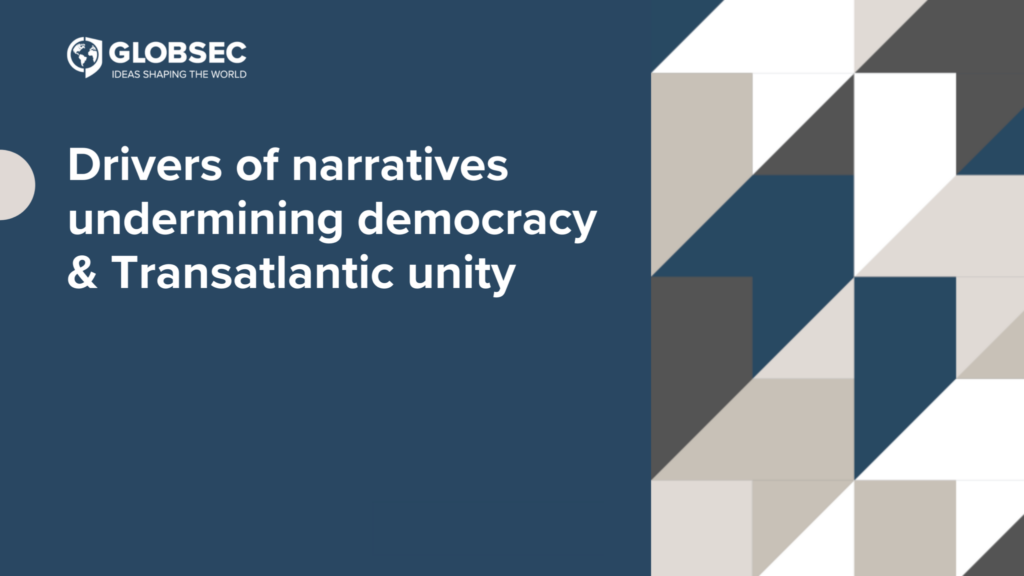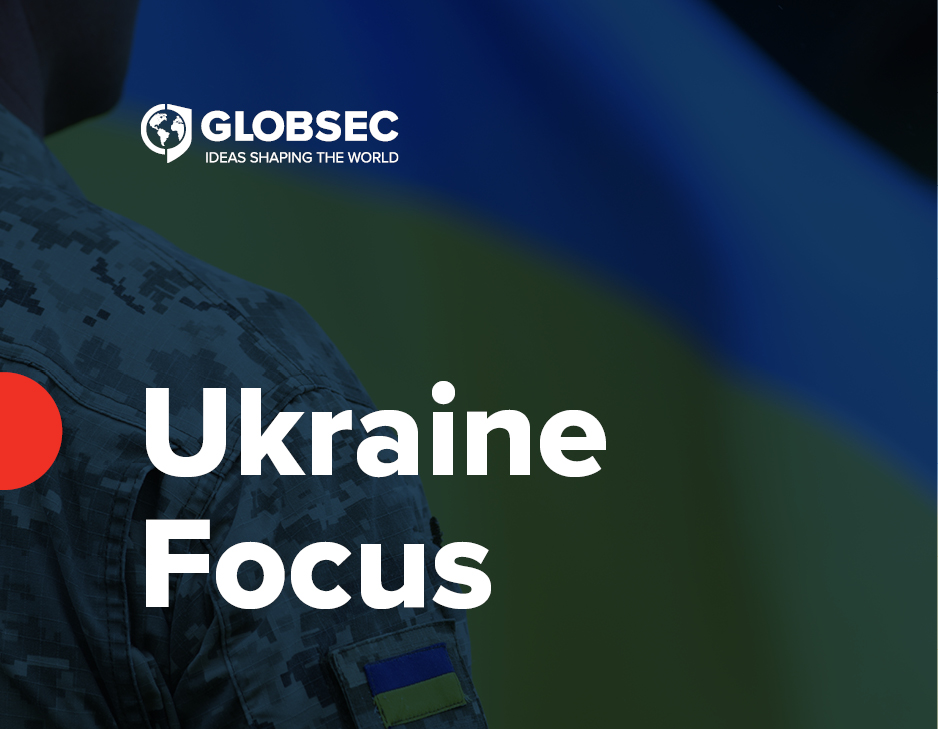
Vladimir Putin’s distorted narrative on Ukraine is a chastening reminder of the pernicious prevalence of autocratic discourses and the democratic imperative to refute them.
Significant segments of political leadership and society in Central and Eastern Europe remain ignorant about authoritarian influence operations, according to Drivers of Narratives Undermining Democracy & Transatlantic Unity, a new report from the GLOBSEC Policy Institute.
Across most former post-communist states, widespread dissatisfaction with how democracy works is fueled by ever-present corruption and education systems still playing catch-up from communist era restrictions on critical thinking. While there are exceptions, such as Estonia, comparisons between most post-communist countries and Austria point to stark differences in democracy resilience, note Dominika Hajdu and Katarína Klingová, Policy Director and Senior Research Fellow, respectively, with GLOBSEC’s Centre for Democracy & Resilience:
GLOBSEC’s Vulnerability Index, which assessed the resilience of public administrations in eight
countries, further demonstrated that officials throughout the region were unaware of the fact that actors may seek to intentionally erode democracy. The absence of situational awareness and a one-track mind perception of threats can mean that the good intentions of various public institutions and officials comes to be exploited by foreign propaganda that targets both the societies of the autocratic countries themselves and audiences on the other side of the world.
With democracies and democratic principles challenged on multiple fronts, it is paramount
that public officials openly communicate about these problems and defend democratic principles, they write in the latest of a series of analyses on “Narratives travelling the information space,” a project funded by the National Endowment for Democracy (NED). RTWT








